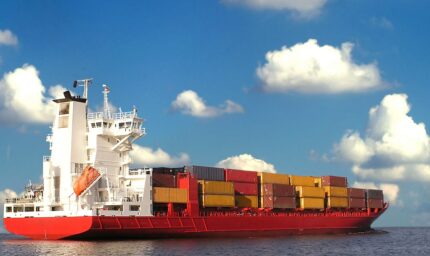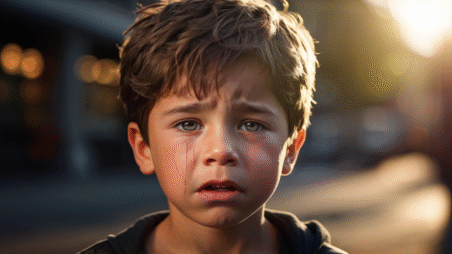On Tuesday, MEPs in Parliament backed a stronger mandate for Europol to bolster efforts against migrant smuggling and human trafficking. The vote—which saw the report adopted with 556 in favour, 74 against and seven abstentions—followed the plenary debate the previous evening, including a presentation by Rapporteur Jeroen Lenaers (EPP/NLD).
The MEP described the situation on the ground as critical, spelling out that more than 90 per cent of migrants who came to the EU illegally relied on smugglers. Not a situation that can continue, he and other lawmakers maintained. The aim is to help Europol fight back.
“These are criminal gangs that prey on very vulnerable people,” Mr Lenaers said, stressing that they were treated “solely as a business opportunity.” He said they were exposed to dangerous journeys, violence and abuse. Meanwhile, the gangs themselves are used to shifting gears quickly, making them hard to trace and to catch.
Criminal networks adapt rapidly, shift routes, exploit new technologies, and often change their modus operandi with extraordinary speed, generating up to €6bn a year. – MEP Jeroen Lenaers (EPP/NLD)
“They adapt rapidly, shifting routes, exploiting new technologies and changing their modus operandi with extraordinary speed, generating up to €6bn a year. These are exactly the reasons to quickly conclude this revision,” MEP Lenaers said, adding that the goal was also to reinforce and strengthen the Schengen area, ramp up Europe’s external borders and enhance internal security for EU member states and its citizens.

European Centre Against Migrant Smuggling
The update, already provisionally agreed with the Council, will formally establish a European Centre Against Migrant Smuggling (ECAMS) within Europol. The agency will receive an additional budget of €50m over the 2025–2027 period and 50 additional staff members to this end.
The new centre will enable Europol to increase its strategic, operational and technical support for EU countries as they work to dismantle criminal networks active in migrant smuggling and human trafficking. It will also improve coordination and data-sharing between national authorities.
You might be interested
The package, the rapporteur said, would send smugglers a strong message: that human traffickers would “no longer be operating with impunity” in the European Union. He added that instead of creating an entirely new regulation as originally proposed by the Commission, lawmakers and the Council agreed to introduce targeted amendments into the existing Europol Regulation—a choice he said guaranteed continuity, legal clarity and a swift reinforcement of Europol’s operational capabilities.
Next steps
With Parliament’s backing secured, the file now returns to the Council for final adoption. Once the Council adopts the text, the EU will publish the revised mandate in the Official Journal. Then the changes can take effect shortly afterward.
Europol will then be free to begin setting up the new European Centre Against Migrant Smuggling, hire new staff, and build intelligence workflows that member states will feed with data. The authorities will likewise need to adapt their procedures to ensure timely, consistent data sharing—long recognised as one of the weakest links in cross-border investigations.
Lingering scepticism?
Despite strong political support, some observers remain cautious. While the reinforced mandate marks a clear step forward in EU cooperation, critics note that migrant-smuggling networks have repeatedly shown an ability to transform their methods as soon as enforcement tightens. Routes shift, technologies change, and criminal groups evolve faster than institutions can rewrite mandates.
There is concern that without sustained political commitment, robust follow-through from member states and continued investment in intelligence capabilities, these networks may simply ’change up’ once again—potentially limiting the impact of even the strongest reforms.
NGO concerns
Civil-society groups also raised concerns during the legislative process. While many NGOs welcomed the focus on dismantling criminal networks, they cautioned that stronger enforcement tools must not undermine safeguards for migrants and trafficking victims. They acknowledged improvements in areas like victim identification and oversight, but several organisations remained unconvinced that the final text fully protects humanitarian actors or vulnerable people caught up in smuggling routes. Most have adopted a “wait-and-see” position, reserving judgement until they can assess how the new mandate functions on the ground.











